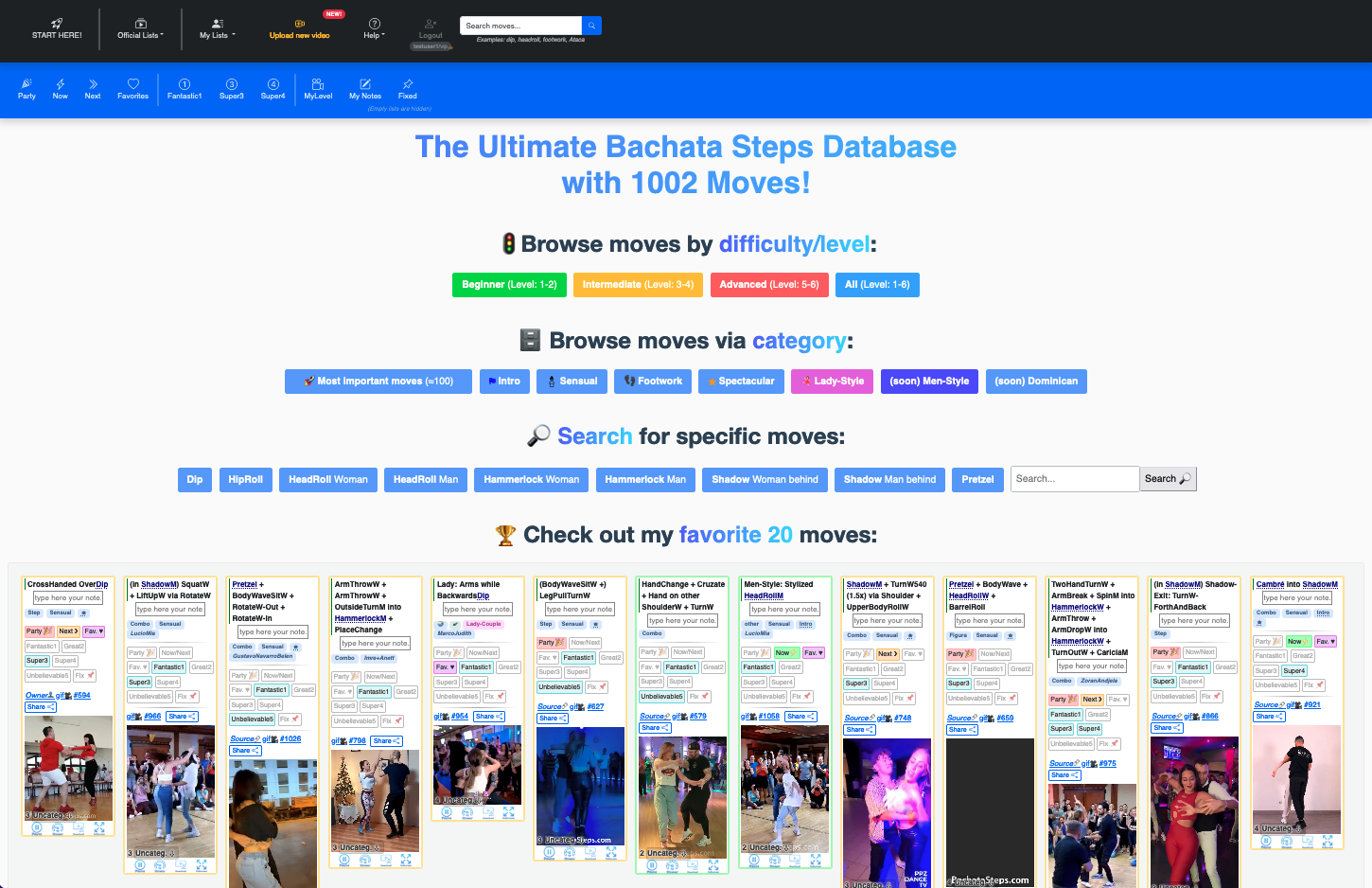The Essence of Bachata Improvisation
Bachata improvisation is about embracing spontaneity and expressing yourself freely within the framework of the dance. It allows dancers to respond to the music, connect with their partner, and create unique and dynamic movements in the moment. Improvisation adds an element of surprise and personal flair to your Bachata dancing, making each dance a fresh and exciting experience.
Developing Musicality and Connection
A key aspect of Bachata improvisation is developing a strong sense of musicality. To effectively improvise, it's important to connect with the music, understand its structure, and interpret its rhythms, melodies, and accents. Developing your musicality enables you to sync your movements with the music, enhancing your connection with the music and your dance partner.
Exploring Variations and Styling
Improvisation allows you to explore variations and styling options within the basic Bachata steps. You can experiment with different footwork patterns, body movements, and hand gestures to add your personal touch to the dance. By incorporating variations and styling, you create a unique dance experience and showcase your individuality as a dancer.
Reacting to Your Partner's Lead
Bachata is a partner dance, and improvisation involves a constant exchange of energy and communication between partners. To excel in improvisation, it's essential to be receptive and responsive to your partner's lead. By staying present and attuned to your partner's movements and signals, you can adapt and create complementary movements that enhance the connection and flow of the dance.
Embracing Mistakes and Learning from Them
Improvisation is an opportunity to explore and take risks on the dance floor. It's important to embrace mistakes as learning experiences and not be afraid to try new things. Some of the most creative and memorable moments in Bachata come from improvised movements that arise from unexpected situations. By embracing mistakes and learning from them, you can grow as an improvisational dancer.
Practicing Improvisation Skills
To enhance your improvisation skills, dedicate time to practice solo and with a partner. Solo practice allows you to explore different movements, develop your musicality, and build confidence in your improvisational abilities. Partner practice helps refine your ability to adapt and respond to your partner's lead, creating a seamless and harmonious dance connection.


